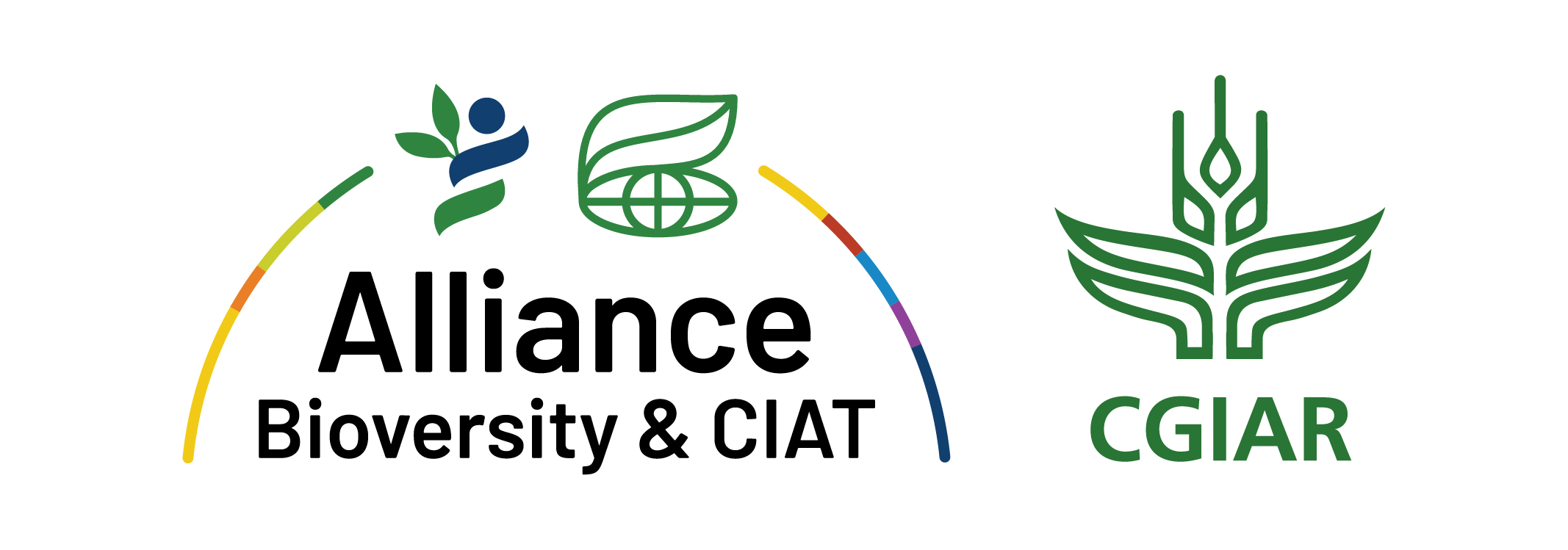Borneo ironwood (Eusideroxylon zwageri) is a tall tropical tree that is threatened by illegal logging and exploitation due to its economic value. In the present study, approximately 10,618 bp of E. zwageri chloroplast DNA were sequenced genome-wide and 16 polymorphic markers of chloroplast DNA were developed, using next-generation sequencing technology. In total, 26 nucleotide substitutions, 3 indels, 1 sequence inversion, and 1 mononucleotide repeat variation were detected in samples of 10 trees collected from 5 populations in Kalimantan, Indonesia. These markers are a powerful tool that may be used to describe the phylogeographical genetic structure of E. zwageri and will be essential for the conservation and management of this endangered tree.
For details - http://link.springer.com/article/10.1007/s12686-015-0485-8
